Here are some examples of some of the legal trouble that elderly people and their family caregivers have had:
"Dad signed his Power of Attorney over to a scam artist"
When an elder lives alone, is too trusting or doesn't have someone watching over their finances, they are easy prey for scam artists.
"My brother is stealing money from our elderly mother"
It's not only scam artists who prey on the elderly. It could be their own child.
"Mom never changed her Power of Attorney. Now she has advanced Alzheimer's and it's too late"
Families should have an honest discussion with aging parents about appointing a POA, before the elder loses the ability to make decisions.
"My mother turned me and my siblings in for abuse"
Whether it is due to dementia or spite, an elderly parent might charge a caregiver with abuse. Even if it is unfounded, the caregiver is in a heap of legal trouble.
"My siblings are suing me for taking care of our father"
When one sibling is caring for the parent full-time, siblings may accuse the caregiver of stealing money, abusing the elder, or mishandling assets.
"My siblings only care about their inheritance…not mom's well-being"
Whenever there's money involved, things can get ugly. Some siblings may be more interested in protecting their inheritance rather making sure mom or dad is getting quality care, living in a good nursing home, etc.
"My elderly mother is being taken advantage of by a younger man"
Gold diggers and opportunistic younger men and women look at an elderly person and see dollar signs, starting a relationship to scam money from them.
Must Have Legal Documents for Seniors and Their Family Caregivers
Many people consider information and decisions about their health to be highly sensitive, deserving of the strongest protection under the law. Therefore, when it comes to your parent's healthcare, the law is very strict about who is able to participate in healthcare-related conversations and decisions.
However, many people never think about their views and values regarding end-of-life decisions until a crisis hits – the time when decision-making is most difficult. Not planning in advance means that you might not be able to gain access to the information you need, or act on your parent's behalf if they are unable to do so. In a worst-case scenario, you might be forced to fight in court for guardianship, a time-consuming and costly process. You can avoid this scenario by working with your parent to prepare these documents.
HIPAA Authorization
The Health Information Portability and Accountability Act (HIPAA) keeps a person's health information and records private. Unless your parent authorizes in writing someone else to receive that information, it is illegal for doctors to share any details with you about your parent's health. HIPAA authorization is a simple document that authorizes the doctor to share necessary information with you on your elderly parent's behalf. It's very short and only takes a moment to complete. The doctor's office will have the blank form you need.
Health-Care Proxy
Also known as a medical power of attorney, a health-care proxy is a legal document that enables you to make health-care decisions for your elderly parent in the event they are unable to make those decisions themselves. This document must be prepared while your parent is still mentally competent to do so.
The designated person has the power to make all health care decisions for your elderly parent. However, to avoid the difficulties associated with making joint decisions, only one person can be given authority to act on your parent's behalf. For example, two siblings cannot both be named as a Health-Care Proxy – it must be only one person. An alternate person may be designated at the time the Health Care Proxy is prepared in the event the first person is unable or unwilling to serve.
It is crucial that the person who is named health-care proxy know what the elderly parent's wishes are in the event that they need life support, a feeding tube or intravenous fluids to survive. This is why the patient's living will, known as Advance Care Directive, is a very important document for family caregivers to have.
Advance Health Care Directive
This is commonly known as a living will. An Advance Health Care Directive lets people make their own end-of-life care decisions before a medical crisis strikes, even if they are unable to communicate their own wishes. With a living will, the caregiver and other loved ones don't have to agonize over difficult medical decisions.
A living will should spell out:
- Whether the person wants to be resuscitated if he or she stops breathing
- Whether artificial life support should be used
- Whether a feeding tube should be inserted
Plan Ahead
Once a healthcare emergency strikes, it will probably be too late to prepare these documents, so talk to your parent about getting their affairs in order and spell out their wishes regarding healthcare while they are still healthy.
Consult an attorney specializing in elder law who will prepare these items and can provide advice on additional planning tools, depending on your family's circumstances.
____________________________________
Dementia Signage for the Home
$35.65 - White Porcelain Pitcher
$59.95 - Red iPhone 5 Cases -
$5.95 - Shower Sign/ Bumper Sticker
$59.95 - Purple iPhone 5 Cases -
$5.95 - Sink Sign/ Bumper Stickers
$5.95 - Stop Sign/ Bumper Stickers
$5.95 - Exit Sign/ Bumper Stickers
$5.95 - Dryer Sign/ Bumper Sticker
$5.95 - Stove Sign/ Bumper Sticker
$5.95 - Bath Tub Sign/ Bumper Sticker
$5.95 - Dresser Sign Bumper Stickers
$59.95 - Custom iPhone 5 Cases -
$5.95 - Ice Maker Sign/ Bumper Stickers
$5.95 - Dog Bowls Sign/ Bumper Sticker
$5.95 - Cat Bowls Sign/ Bumper Stickers
$59.95 - Bright Pink iPhone 5 Cases -
$5.95 - Freezer Sign/ Bumper Stickers
$296.95 - Saint Francis Sterling Silver Locket
$5.95 - Dining Room Sign/ Bumper Sticker
$5.95 - Living Room Sign/ Bumper Sticker
$5.95 - Toilet Sign Bumper Sticker
$44.95 - White Monogram Melamine Plate Set
$5.95 - Dishwasher Sign/ Bumper Stickers
$5.95 - Pants Drawer Label/ Bumper




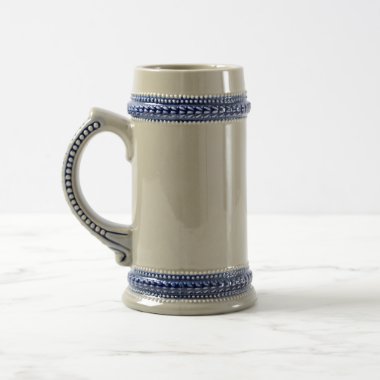




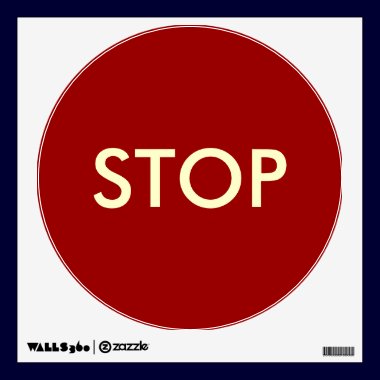

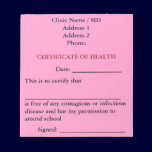




























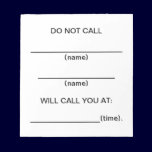






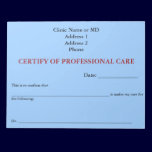











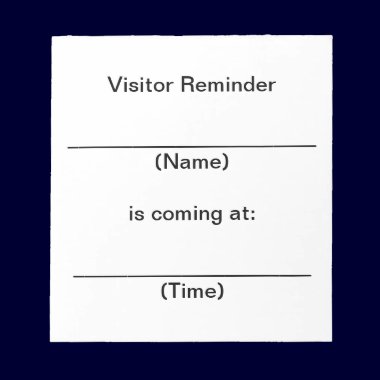




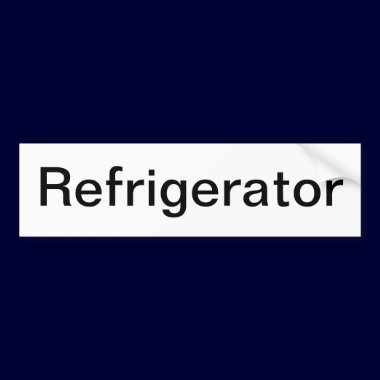






No comments:
Post a Comment